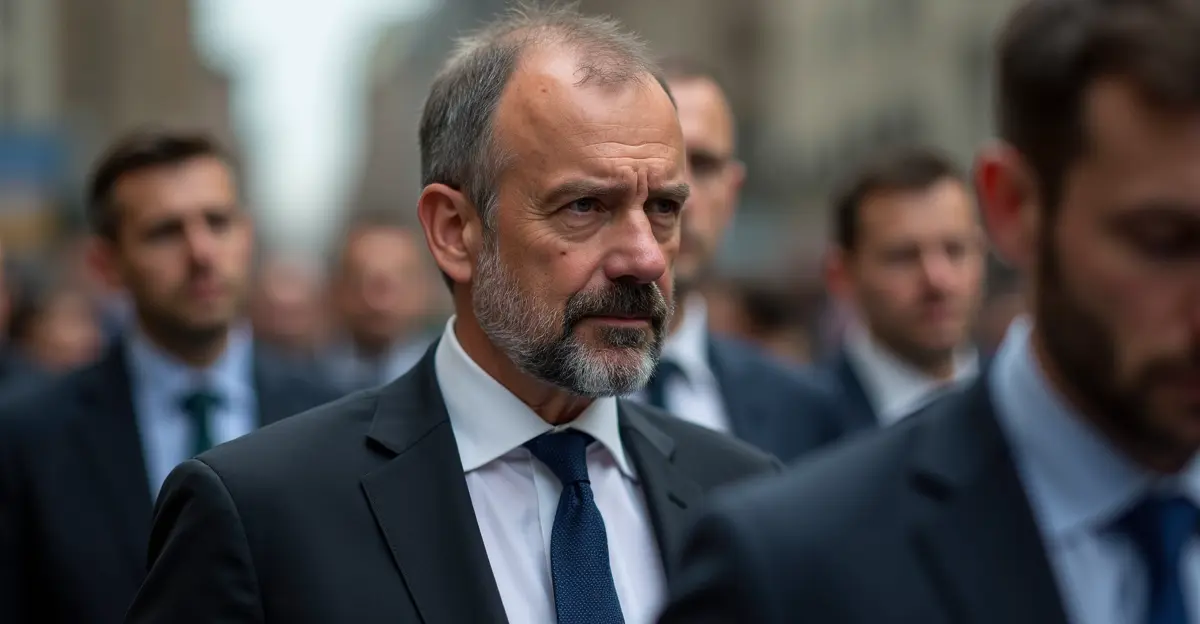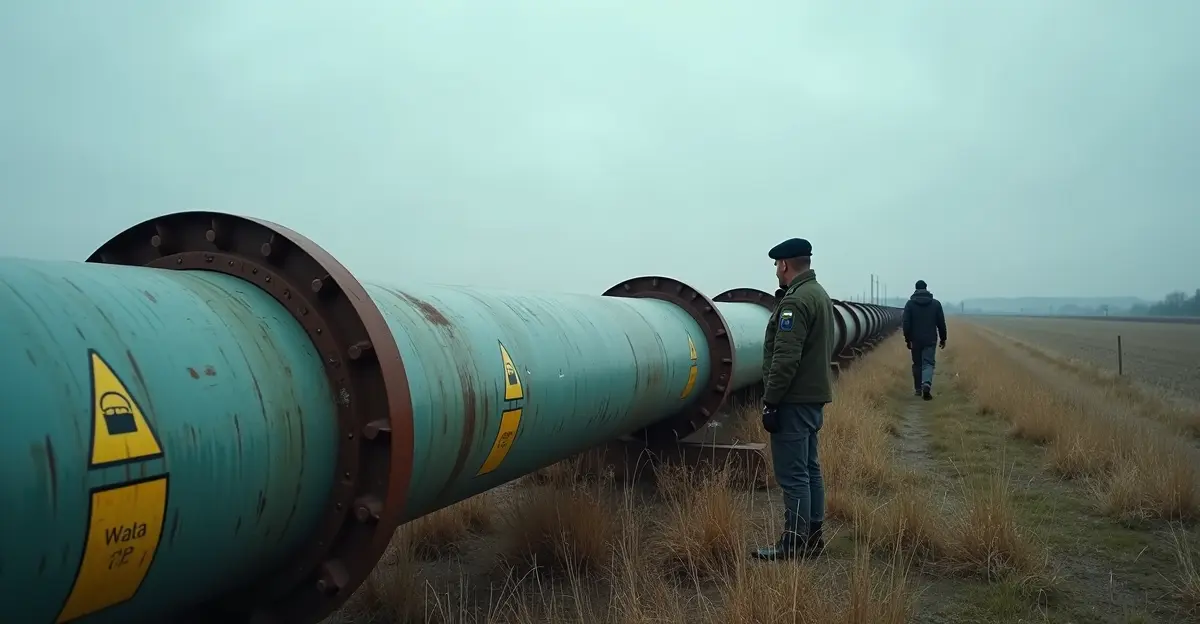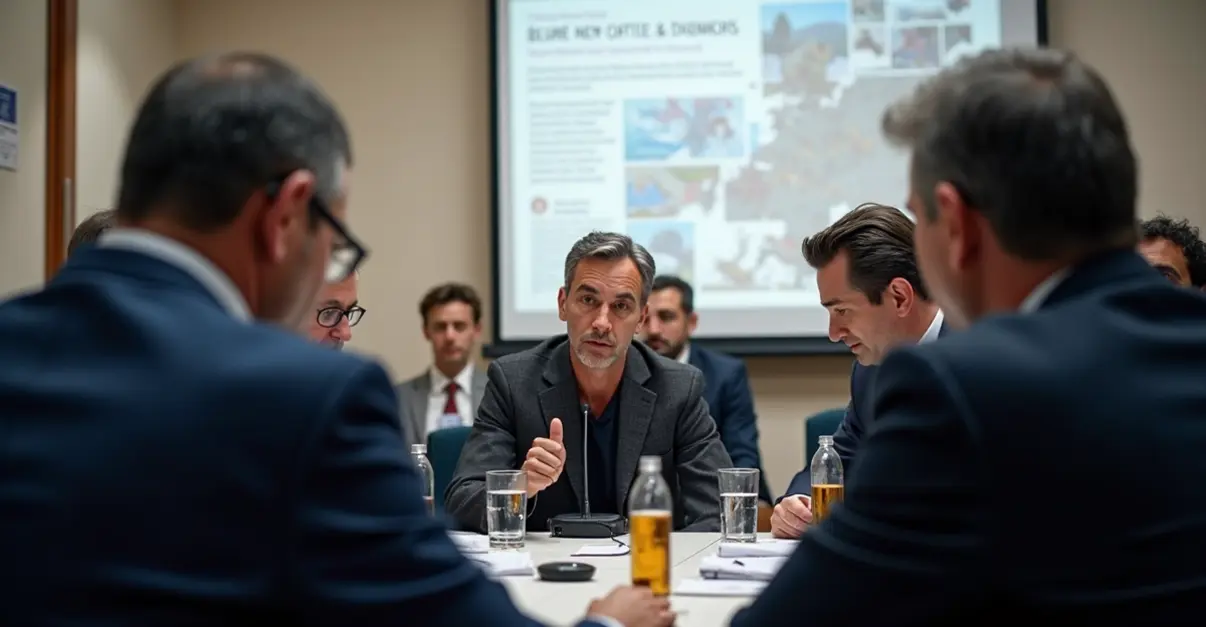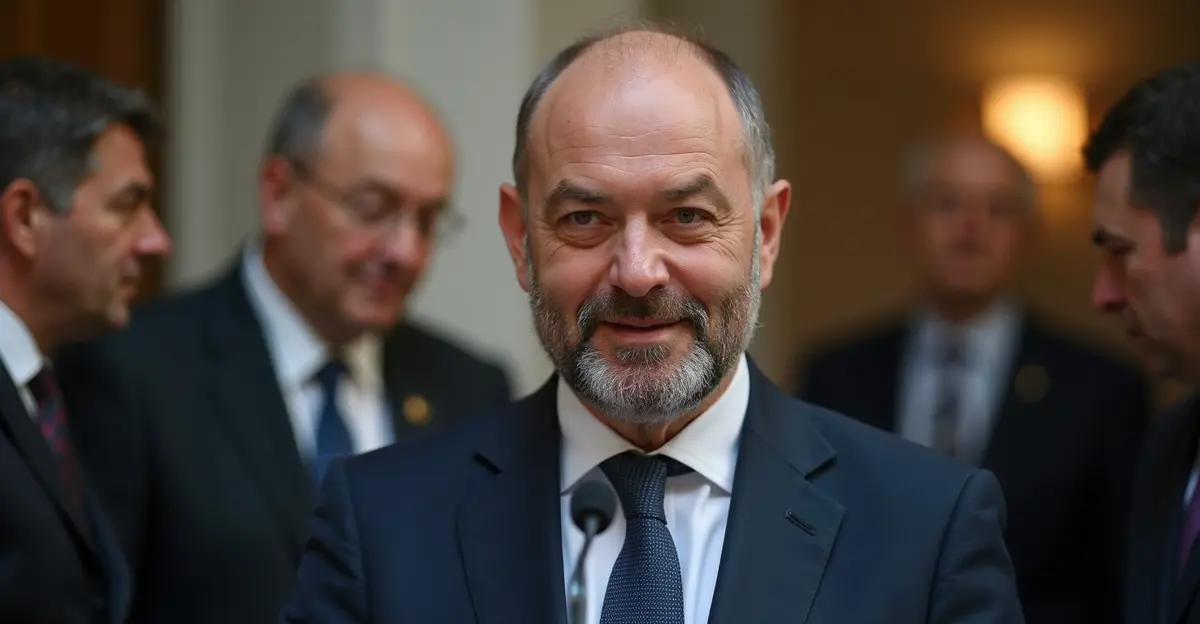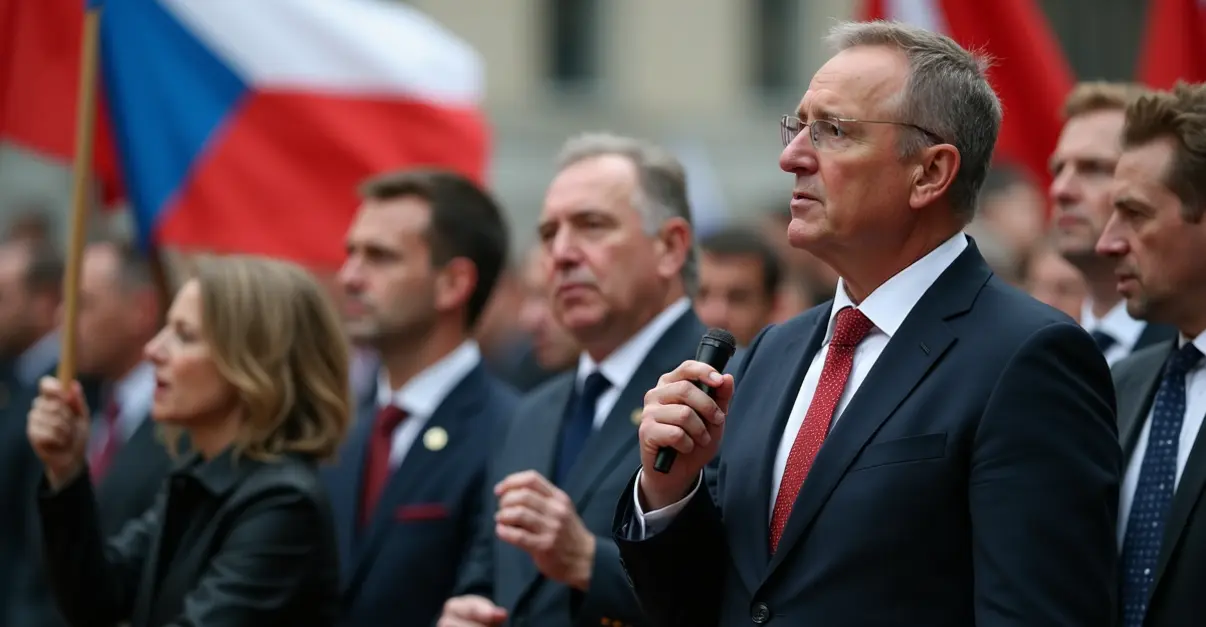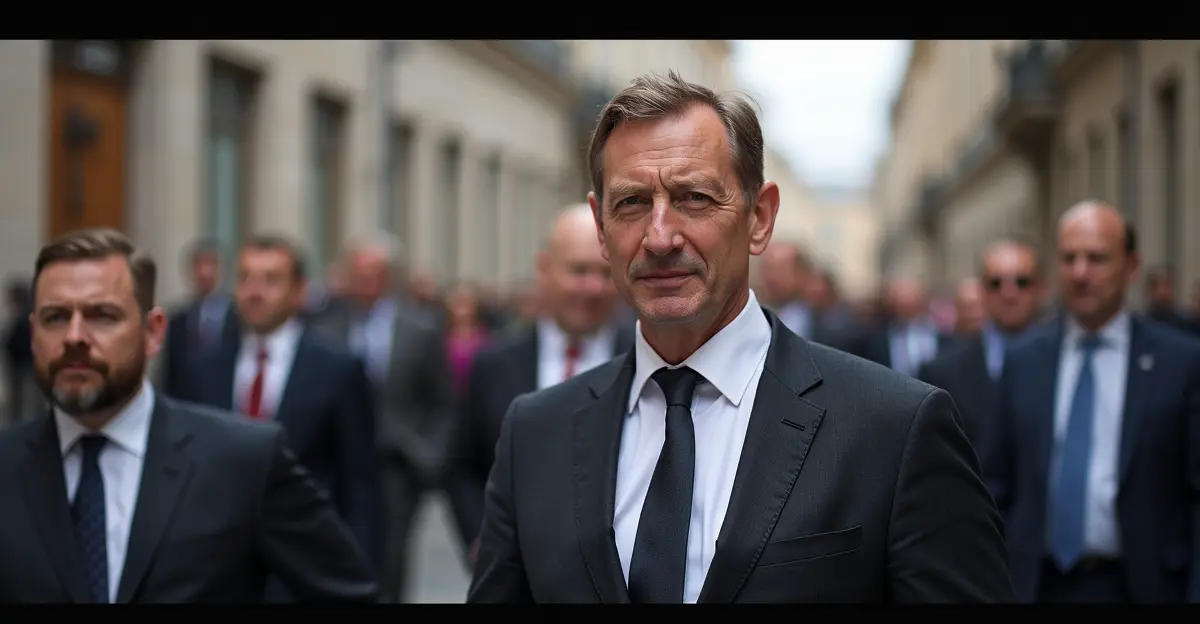Babiš's Election Win Signals Major Shift in Czech-EU Relations
Right-wing populist Andrej Babiš has secured a decisive victory in the Czech Republic's parliamentary elections, with his ANO movement winning 34.5% of the vote and 80 seats in the 200-seat Chamber of Deputies. The billionaire businessman, who previously served as prime minister from 2017 to 2021, now aims to form a minority government with support from far-right and right-wing parties, potentially creating significant challenges for European Union policymaking.
EU Policy Headaches Ahead
Following his election victory, Babiš emphasized his pro-European stance, stating he wanted 'Europe to work well'. However, his campaign promises directly contradict key EU policies. He has vowed to 'destroy' the European Green Deal, stop arms deliveries to Ukraine, and reject the European migration and asylum package. According to ANO's number two, Karel Havlíček, 'the next government will immediately send a letter to Brussels to inform it that the Czech Republic will not introduce emission quotas for households and intends to reject the migration pact.'
Coalition Challenges and EU Concerns
Babiš faces the challenge of forming a government without a parliamentary majority. He has indicated he will seek support from the far-right Freedom and Direct Democracy (SPD) movement, which earned 7.8% of the vote, and the right-wing Motorists (AUTO) party with 6.8%. This coalition composition raises concerns in Brussels about the future direction of Czech policy.
Petr Just, an analyst from the Metropolitan University in Prague, noted that 'It is clear that this issue will be on the table and that it will be the subject of some bargaining,' referring to the SPD's push for an EU referendum. He added that this gives the SPD 'blackmailing potential' since Babiš cannot rule without their support.
Impact on Ukraine Support
The election outcome represents a significant shift in Czech policy toward Ukraine. The outgoing centre-right government led by Petr Fiala had been a strong supporter of Kyiv since Russia's full-scale invasion in 2022, even launching a successful initiative that supplied 3.5 million artillery shells to Ukrainian forces.
Babiš has cast doubt on continued military assistance, stating 'Every year, we send 2.5 billion Euro in the budget to Brussels. And of course Brussels is helping Ukraine. And the new proposal for the new budget includes a large sum for Ukraine. So I think we are there.' He has also questioned Ukraine's readiness for EU membership, telling Ukrainian media that 'Ukraine was not prepared for the EU' and that 'we have to end the war first.'
Regional Alliances and EU Dynamics
Babiš maintains close relationships with other EU-critical leaders, particularly Hungarian Prime Minister Viktor Orbán, with whom he co-founded the Patriots for Europe group in the European Parliament. He also openly admires former US President Donald Trump.
Martin Vokálek from the Brussels branch of the Czech institute Europeum commented that while Czech society doesn't want 'a complete departure from the democratic framework and the country's European orientation,' there will be 'a change in tone, style and priorities in any case.'
Slovak Prime Minister Robert Fico welcomed Babiš's victory, stating he expects the Visegrad Group - comprising the Czech Republic, Poland, Hungary, and Slovakia - to strengthen with Babiš at the helm in Prague. Fico noted that 'As I know the likely new Prime Minister of the Czech Republic, Babiš, he will be interested in regional cooperation, and it will be very important whether the trio of Babiš, Orbán, and Fico will be able to persuade Polish Prime Minister Donald Tusk in the same spirit.'
Broader European Implications
The Czech election results come at a critical time for the European Union, potentially complicating efforts to maintain unity on key issues including climate policy, migration, and support for Ukraine. With Babiš joining other EU-skeptic leaders in the Patriots for Europe group, Brussels may face increased resistance to its policy agenda.
Jean-Michel De Waele from Université Libre de Bruxelles observed that 'Babiš at the head of the Czech government may complicate the building of a stronger and more united Europe from an economic, social and military point of view.'
President Petr Pavel has indicated he will name the new government in November at the earliest, giving politicians time for negotiations. The final composition of Babiš's government and its policy priorities will determine the extent of the challenge facing EU policymakers in the coming months.

 Deutsch
Deutsch
 English
English
 Español
Español
 Français
Français
 Nederlands
Nederlands
 Português
Português
